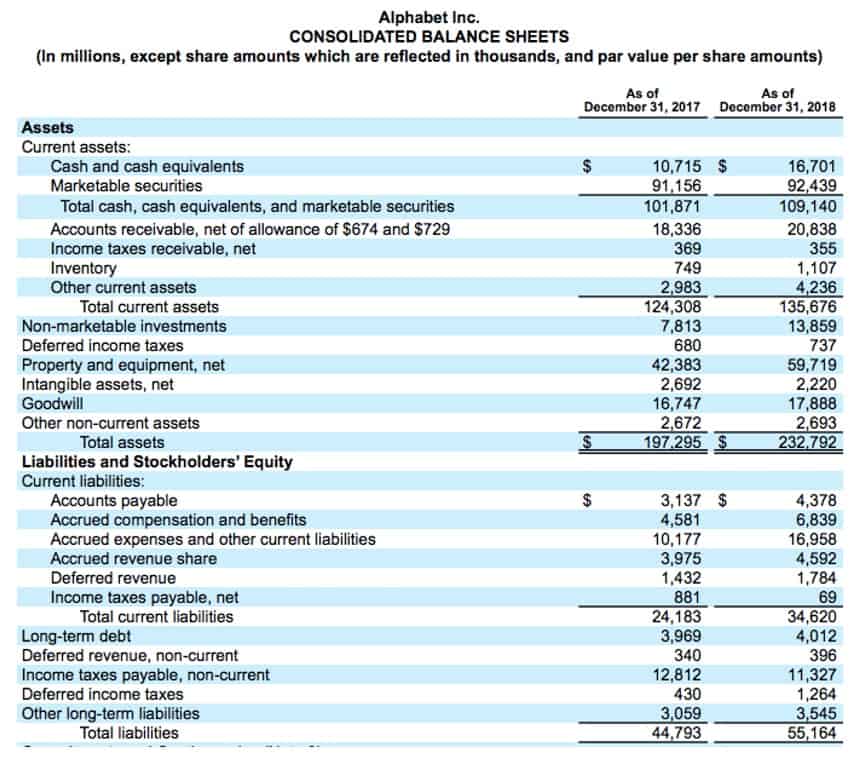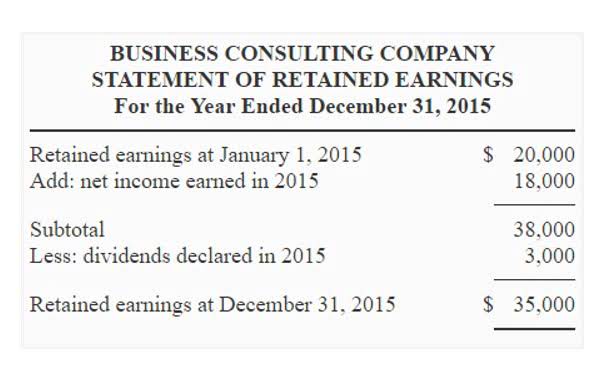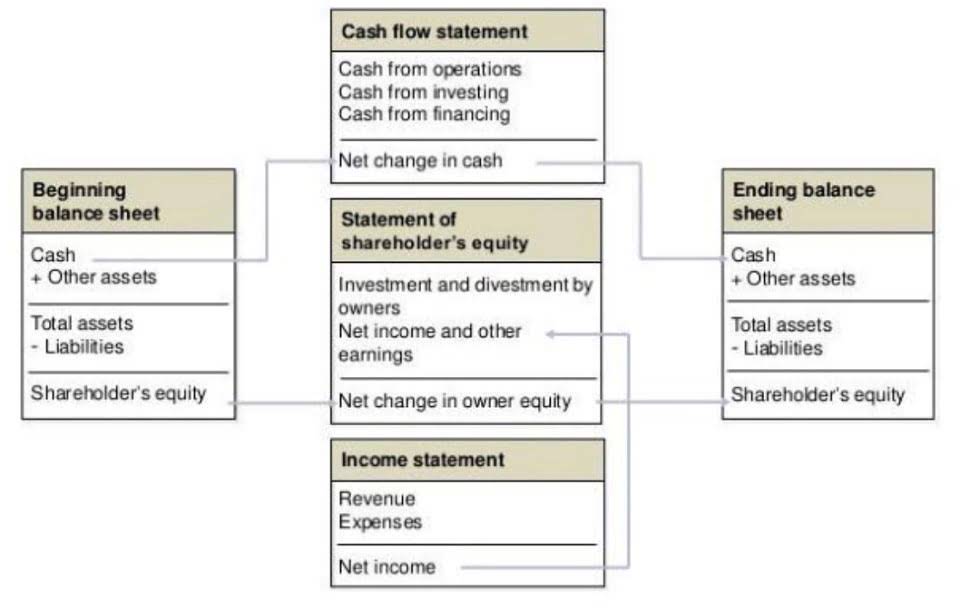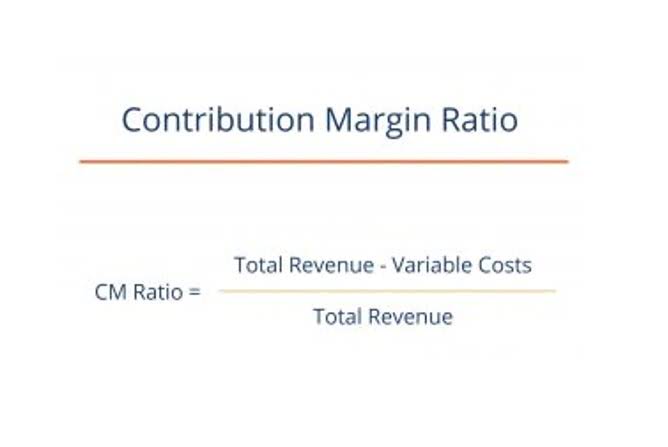
Bookkeeping is focused on recording financial transactions, while accounting is the broader process of analyzing, interpreting, and reporting financial information. Bookkeepers handle tasks like invoicing and expense tracking, while accountants use that data to generate financial reports and offer strategic advice. Whether you’re just starting out or looking to get more organized, mastering bookkeeping is essential to running a successful small business.
Accounting software
The money that a client holds until the project has been completed satisfactorily is generally put into an asset account called a Accounts Receivable Retainage or Retainage Dues account. Regardless of the option you choose for your bookkeeping needs, it is useful to understand the process involved in construction bookkeeping. With a financial management platform like Fincent backing up their every move like a trusted sidekick, there’s nothing they can’t do and do right. If you decide to hire an accountant, look for one with experience in your industry because they’ll know how to handle bookkeeping for construction companies your company’s accounting needs most effectively. Hiring an accountant to take care of your bookkeeping can save you a significant amount of time, as well as eliminate bookkeeping and accounting errors. The main reason for this is that bookkeeping isn’t a standardized service.
Data-Driven Productivity with Hubstaff Insights: Webinar Recap
Financial statements, including income, cash flow statements, and balance sheets, are compiled by construction company bookkeeping. Accurate retained earnings balance sheet accounting ensures quick access to verified information, which is essential for meeting regulatory demands. If you need help getting started or have outgrown handling your construction company’s books on your own, schedule a call with Slate.
Tracking Revenue From Projects
- Managing late payments promptly and following up on overdue invoices will help maintain positive cash flow and minimize financial risks.
- Construction trades are highly unionized, which means wages and other work conditions are determined through collective bargaining.
- This article is here to help you understand how to manage bookkeeping for your construction company.
- This step makes sure to catch any discrepancies or errors and ensures the reliability of financial data.
- To remain on schedule and budget, precise bookkeeping for construction companies is essential.
- Construction payroll wages can vary greatly depending on the location of the job, the size of the job, and the individual skill level of the employee.
Construction bookkeeping involves the systematic recording and management of financial transactions within the construction industry. From tracking and forecasting business expenses to managing project budgets, it plays a pivotal role in ensuring financial health and project success. Modern software tools are designed with the unique needs of contractors in mind. These platforms allow for more efficient job costing, invoicing, and financial reporting, all of which can provide small business owners with invaluable insights. This includes maintaining detailed records of bids, labor costs, materials, and other expenses related to each project.
- The software also watches for missing and expired compliances to reduce financial risks.
- For instance, if you need an affordable, collaborative ERP solution, Buildertrend might be a better fit.
- Sage offers powerful accounting features tailored for construction, including job costing, payroll, and project management tools that ensure accurate financial tracking.
- Buildertrend also has the basic construction accounting software features you should expect, like job costing and project management.
We help construction companies like yours navigate complex financial management requirements while maintaining profitability and compliance. Our expertise in accounting for construction companies enables us to provide tailored solutions that address your specific needs. Whether you’re dealing with progress billings, managing retainage, tracking job costs, or preparing specialized financial statements, having the right systems and expertise in place is crucial.
- This will make it much easier to account for your business expenses during tax time.
- This includes everything from materials and equipment to subcontractor payments and travel expenses.
- Depending on how small your business is, a mid-tier FreshBooks or QuickBooks plan might be enough to maintain and grow your business’s profitability.
- “We chose Foundation for its array of features, depth of reports, its customization options, and its affordability.
- 80+ years of combined experience covering small business and personal finance.
- It’s the foundation that helps you transform complex financial data into actionable insights for better business decisions.
As a business owner, you need to know all the retainage terms and retainage rules of the state you’re working in before signing any contract. Since it doesn’t recognize costs and revenues in a timely fashion, you probably don’t know how profitable your project or company is. Hiring a bookkeeper for your construction business brings expertise, accuracy, time savings, compliance, financial insights, cost control, and overall financial stability. Direct costs, including labor and materials, can be allocated specifically to a project based on actual usage or documented invoices.
Introduction to construction accounting (for busy contractors)
These agreements let the worker’s state of residence retain control over employee contributions. If simple client collaboration is one of your top priorities, consider making Buildertrend your top pick. COINS’s software pricing isn’t listed online, so you’ll need to contact the company directly for a quote. We couldn’t find any third-party sources with estimated pricing, either, which likely means the starting cost is both highly individualized and quite high.
- Set up reminders for clients with outstanding payments to avert unnecessary delays.
- Contractors can get to the most recent financial records whenever they need them using construction bookkeeping software.
- With the right process, you can save time on your invoicing, accounting, bookkeeping, and tax preparation, even without previous construction accounting experience.
- Getting a quick response through their customer support line can also be challenging, which should be considered for busy construction businesses.
- Reconciling bank statements frequently ensures that financial records match actual transactions, helping identify discrepancies before they become major issues.
Overview of Job Costing, Allocating Costs to Specific Projects, and Tracking Project Profitability

Give your accountant access to your books by creating a unique user ID for them. Accountants receive a free version of QuickBooks designed specifically for them, called QuickBooks Online Accountant. You can exchange messages and share documents directly inside QuickBooks. Being a small business owner includes plenty of drudgery, especially when it comes to keeping track of the books. We automatically track paid, opened and outstanding estimates and invoices so you don’t have to. Send custom estimates with photos, contracts, and a deposit amount that customers can pay online right away through our secure online portal.

How to Implement Accurate Job Costing

Examples include repairs to equipment, insurance, transportation, and software. If you operate across state lines, you may also need to account for additional tax payments. Accounting for construction wages and payroll taxes can be time-consuming and confusing. 1-800Accountant can help Budgeting for Nonprofits your business comply with accounting and tax rules for your payroll. An income statement, or profit and loss statement, calculates the company’s net profit for the reporting period. Many businesses generate profit and loss statements every quarter and for the year.























